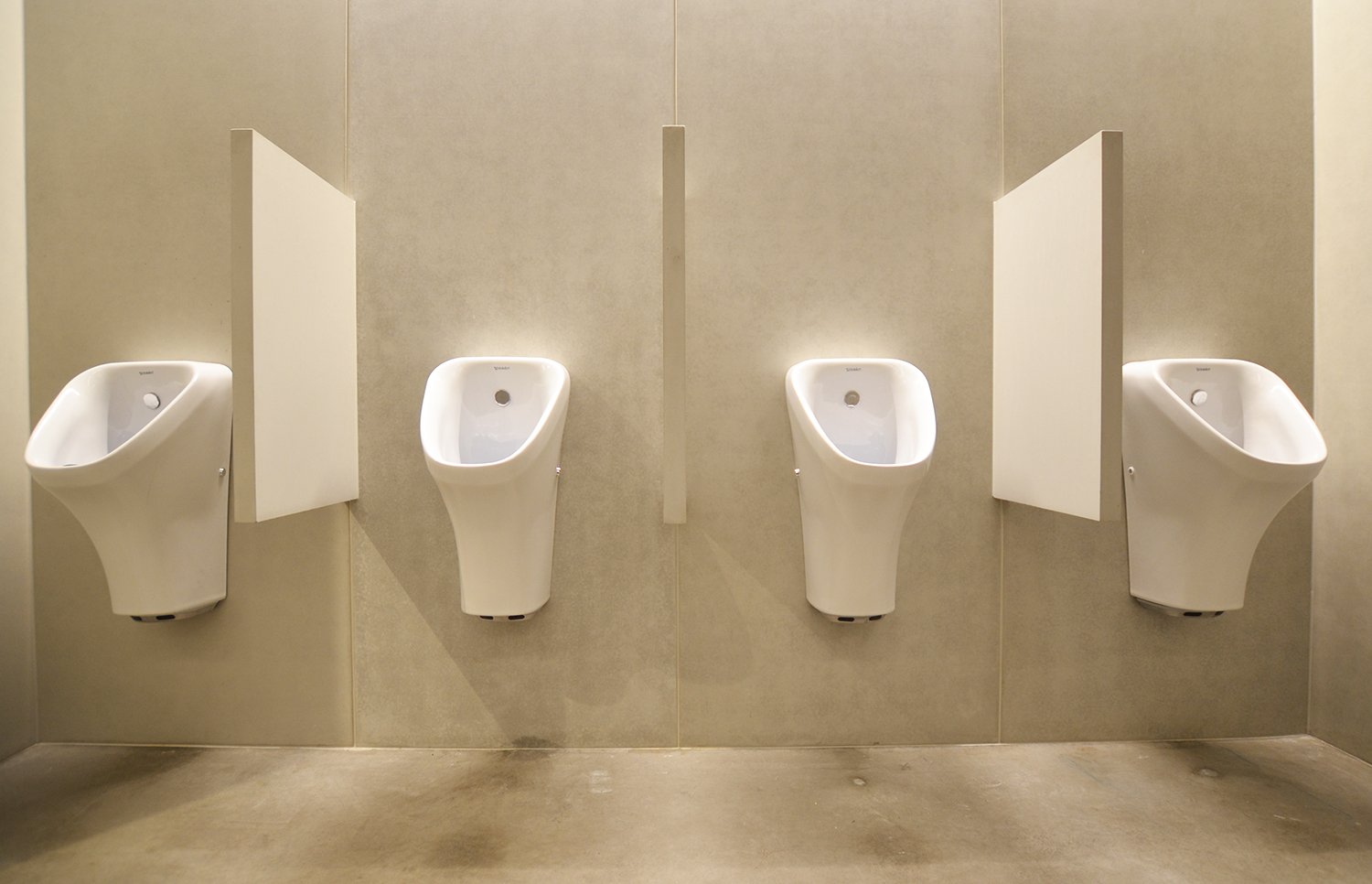Readers’ paradise overlooking the fjord with sustainable architecture and stunning visuals
/When viewed from outside, the striking elements of the Deichman library are its sloping frontage and glass façade. Another truly outstanding feature is the fact that the building meets the Passivhaus standard, resulting in a saving of 50 percent of emissions compared to similar buildings. This was achieved using an When viewed from outside, the striking elements of the Deichman library are its sloping frontage and glass façade. Another truly outstanding feature is the fact that the innovative façade structure, novel ventilation systems and cooling with sea water, as well as the use of recycled materials. The sustainability concept extends into the bathroom areas: toilets from the Happy D.2 range as well as electronically powered DuraStyle urinals from the designer bathroom manufacturer Duravit guarantee optimized water usage, hygiene, and short cleaning times.




Library with a clear view of the fjord Norway’s library is located centrally in the Bjørvika district between Oslo’s main railway station and the opera. It was designed by the architecture firm Lund Hagem Architekter AS in collaboration with Atelier Oslo and attracts millions of visitors a year. The building has six floors that are held in place by three towers, creating an open space in the center of the building that forms an atrium. This openness, the elongated façade windows, and the lighting shafts generate an inviting ambience bathed in daylight with a clear view of the fjord.
Unique concept
The library is accessed via three central entrances in the east, west, and south. The exterior merges into the interior on the ground floor, where visitors are fluidly guided into the foyer. Diagonal light shafts that extend across all floors distribute additional light to the entrance zones. At the heart of the design is the continuous central library room. Additional library rooms are located on the upper levels. The building also houses an auditorium, workshops, reading rooms, a cinema, offices, and various stacks.
The building’s overall concept generates a unique impression: in addition to the actual lending and reading of more than 400,000 books, there is a year-round program of concerts, fairs, workshops, and various courses for all ages. Visitors can while away some time in the restaurant and cafeteria with roof terrace, which offer not only food and drink but also a dash of hygge.
The Deichmanske library is one of Norway’s most illustrious and largest public libraries. It can trace its origins back to 1785 following the death of the businessman and industrial pioneer Carl Deichman, who not only lent his name to the library, but also bequeathed his collection of 6,000 books to the city and its residents, which still today form the foundation of the library’s collection.

